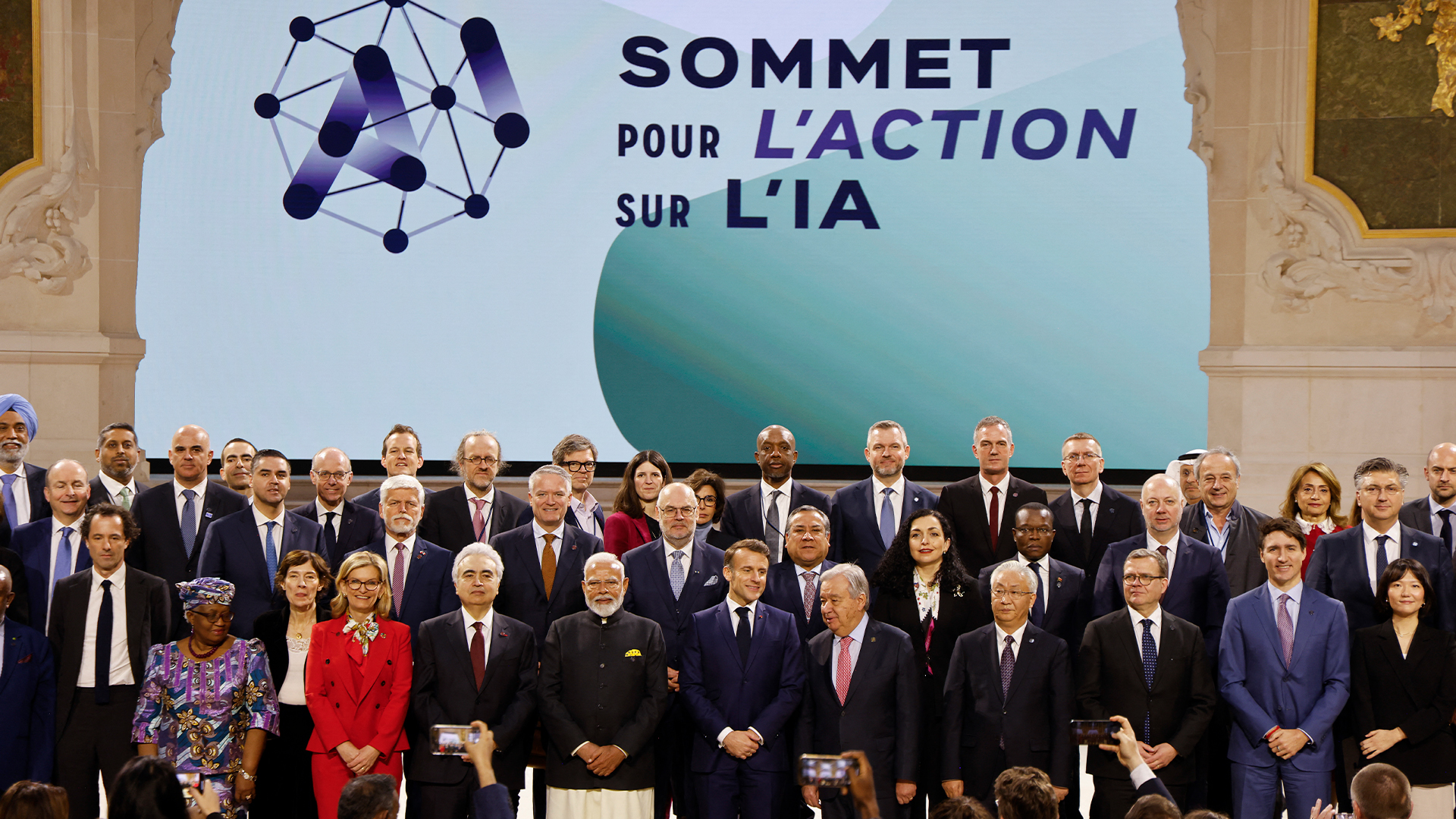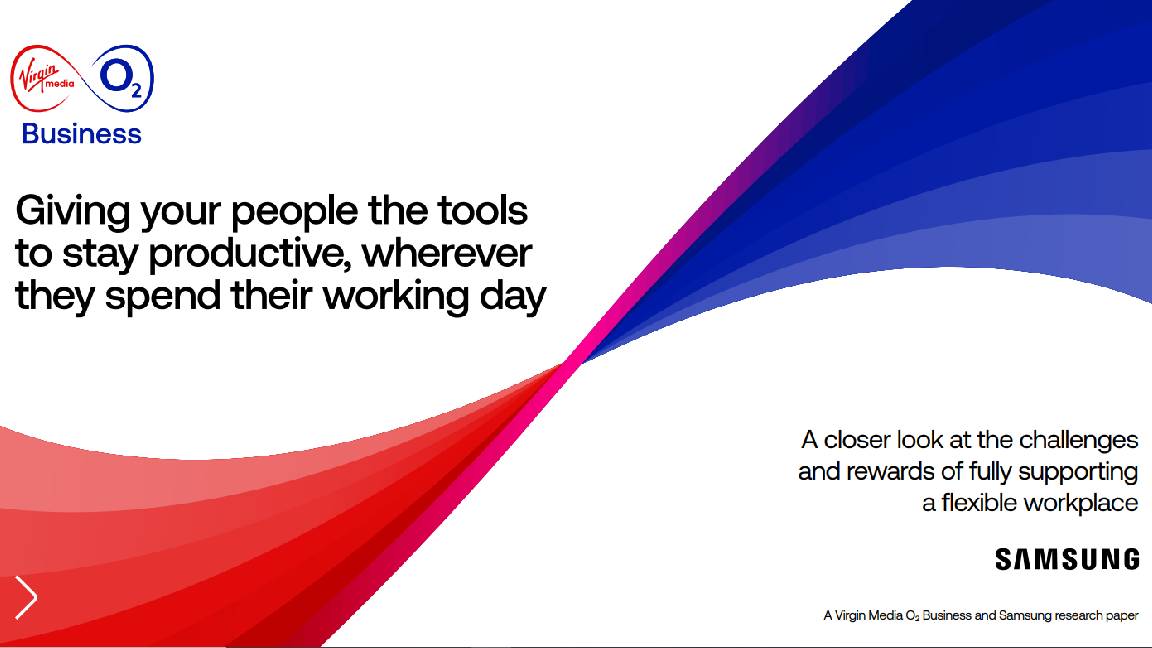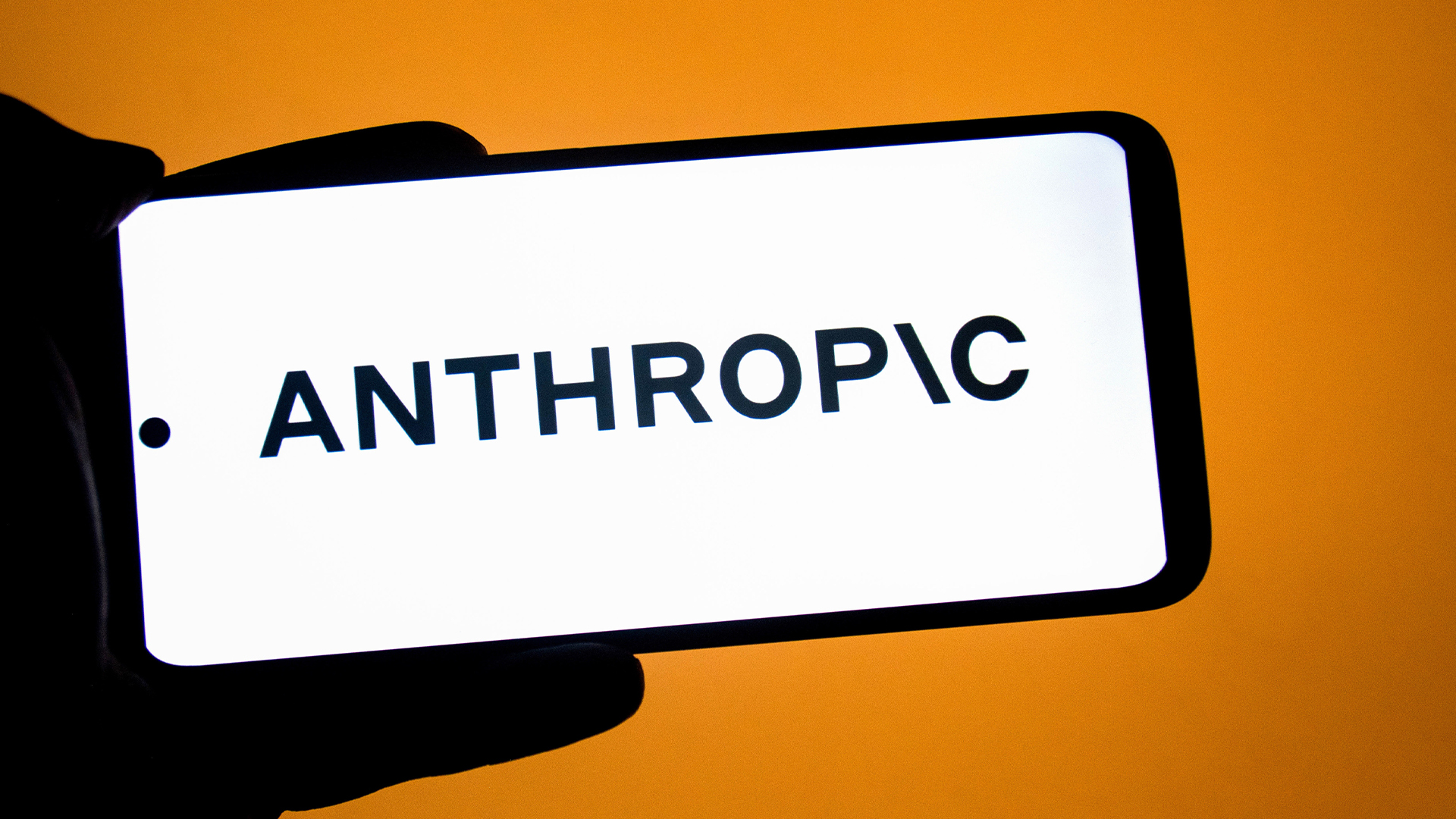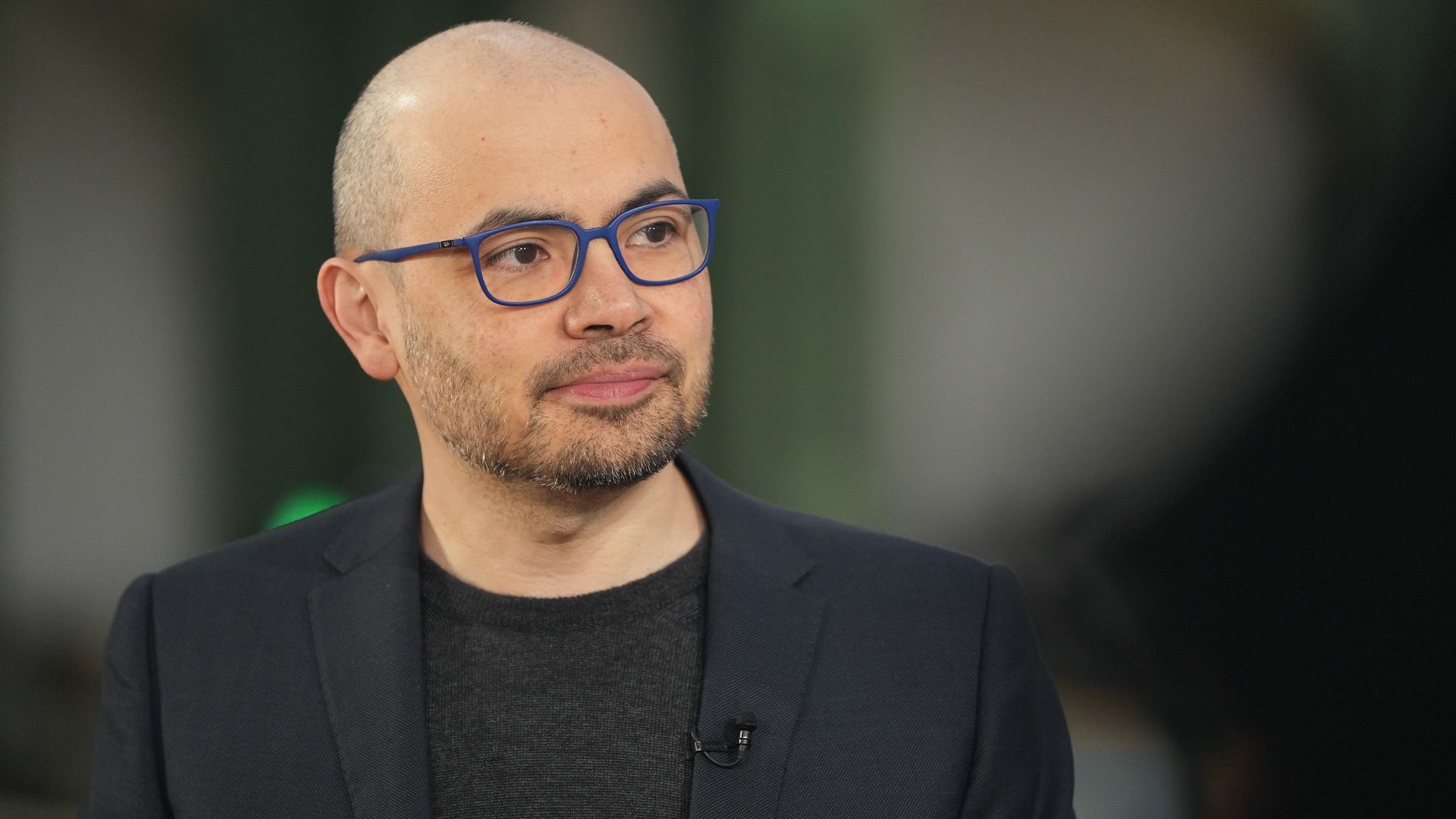UK and US reject Paris AI summit agreement as “Atlantic rift” on regulation grows
The UK believes the declaration is too vague, while the US wants to put American interests first


The UK and US have refused to sign an international agreement on inclusive and sustainable AI at this week's global summit in Paris.
The UK said its decision was based on concerns that the declaration lacked 'practical clarity' on global governance and didn't address issues of national security.
Meanwhile, US vice president JD Vance told delegates to the summit that over-regulation of AI could hold the industry back.
"The Trump administration believes that AI will have countless revolutionary applications in economic innovation, job creation, national security, health care, free expression and beyond, and to restrict its development now will not only unfairly benefit incumbents in this space, it would mean paralyzing one of the most promising technologies we have seen in generations," he said.
Vance's speech was very much in line with the Trump policy of 'America First'. He beat the drum for the US AI industry, and issued a warning to nations aiming to restrict its power.
"The Trump administration is troubled by reports that some foreign governments are considering tightening screws on US tech companies with international footprints," he said.
"America cannot and will not accept that, and we think it's a terrible mistake."
Sign up today and you will receive a free copy of our Future Focus 2025 report - the leading guidance on AI, cybersecurity and other IT challenges as per 700+ senior executives
Vance's stance has been widely criticized by rights groups.
Alexandra Reeve Givens, CEO of the Center for Democracy and Technology (CDT), said that for AI to benefit both nations and individuals, robust safeguards and accountability must be implemented.
"When AI is being used to determine who gets a job, who gets a loan, who gets access to government services, the stakes are too high to shrug off the risks."
Meanwhile, Dr Andrew Bolster, senior research and development manager for data science at Black Duck, warned that the lack of transatlantic agreement might leave organizations deploying AI with a tricky course to steer.
"This growing Atlantic AI rift is a wake-up call for any organization looking to deploy or operate global AI solutions," he said.
"The regulatory landscape is not as settled as it may seem, and while alignment to existing principles such as GDPR, the California Consumer Privacy Act (CCPA) - and its amendment, the California Privacy Rights Act (CPRA) - or Australia’s Privacy Act may stand you in good stead, that is no guarantee of continued operations."
61 nations still signed the AI agreement
Despite the UK and US’ disapproval, the agreement was signed by 61 other countries, including Canada, Japan, India ,and China, as well as European nations.
They pledged to focus on ensuring that AI is 'open, inclusive, transparent, ethical, safe, secure and trustworthy'.
The agreement also stresses the importance of strengthening international coordination in AI governance and preventing market monopolization, along with working to keep AI sustainable.
RELATED WHITEPAPER

During the summit, European Commission president Ursula von der Leyen announced a €200 billion plan to advance AI research and infrastructure across the bloc.
InvestAI will finance four AI gigafactories across the EU focused on training models for complex applications such as medicine and science.
"This unique public-private partnership, akin to a CERN for AI, will enable all our scientists and companies – not just the biggest – to develop the most advanced very large models needed to make Europe an AI continent," she said.
MORE FROM ITPRO
- A big enforcement deadline for the EU AI Act just passed
- How the EU AI Act compares to other international legislation
- Looking to use DeepSeek R1 in the EU? Maybe think again
Emma Woollacott is a freelance journalist writing for publications including the BBC, Private Eye, Forbes, Raconteur and specialist technology titles.
-
 What is Microsoft Maia?
What is Microsoft Maia?Explainer Microsoft's in-house chip is planned to a core aspect of Microsoft Copilot and future Azure AI offerings
-
 If Satya Nadella wants us to take AI seriously, let’s forget about mass adoption and start with a return on investment for those already using it
If Satya Nadella wants us to take AI seriously, let’s forget about mass adoption and start with a return on investment for those already using itOpinion If Satya Nadella wants us to take AI seriously, let's start with ROI for businesses
-
 Half of agentic AI projects are still stuck at the pilot stage – but that’s not stopping enterprises from ramping up investment
Half of agentic AI projects are still stuck at the pilot stage – but that’s not stopping enterprises from ramping up investmentNews Organizations are stymied by issues with security, privacy, and compliance, as well as the technical challenges of managing agents at scale
-
 What Anthropic's constitution changes mean for the future of Claude
What Anthropic's constitution changes mean for the future of ClaudeNews The developer debates AI consciousness while trying to make Claude chatbot behave better
-
 Satya Nadella says a 'telltale sign' of an AI bubble is if it only benefits tech companies – but the technology is now having a huge impact in a range of industries
Satya Nadella says a 'telltale sign' of an AI bubble is if it only benefits tech companies – but the technology is now having a huge impact in a range of industriesNews Microsoft CEO Satya Nadella appears confident that the AI market isn’t in the midst of a bubble, but warned widespread adoption outside of the technology industry will be key to calming concerns.
-
 Workers are wasting half a day each week fixing AI ‘workslop’
Workers are wasting half a day each week fixing AI ‘workslop’News Better staff training and understanding of the technology is needed to cut down on AI workslop
-
 Retailers are turning to AI to streamline supply chains and customer experience – and open source options are proving highly popular
Retailers are turning to AI to streamline supply chains and customer experience – and open source options are proving highly popularNews Companies are moving AI projects from pilot to production across the board, with a focus on open-source models and software, as well as agentic and physical AI
-
 Microsoft CEO Satya Nadella wants an end to the term ‘AI slop’ and says 2026 will be a ‘pivotal year’ for the technology – but enterprises still need to iron out key lingering issues
Microsoft CEO Satya Nadella wants an end to the term ‘AI slop’ and says 2026 will be a ‘pivotal year’ for the technology – but enterprises still need to iron out key lingering issuesNews Microsoft CEO Satya Nadella might want the term "AI slop" shelved in 2026, but businesses will still be dealing with increasing output problems and poor returns.
-
 OpenAI says prompt injection attacks are a serious threat for AI browsers – and it’s a problem that’s ‘unlikely to ever be fully solved'
OpenAI says prompt injection attacks are a serious threat for AI browsers – and it’s a problem that’s ‘unlikely to ever be fully solved'News OpenAI details efforts to protect ChatGPT Atlas against prompt injection attacks
-
 Google DeepMind CEO Demis Hassabis thinks startups are in the midst of an 'AI bubble'
Google DeepMind CEO Demis Hassabis thinks startups are in the midst of an 'AI bubble'News AI startups raising huge rounds fresh out the traps are a cause for concern, according to Hassabis
